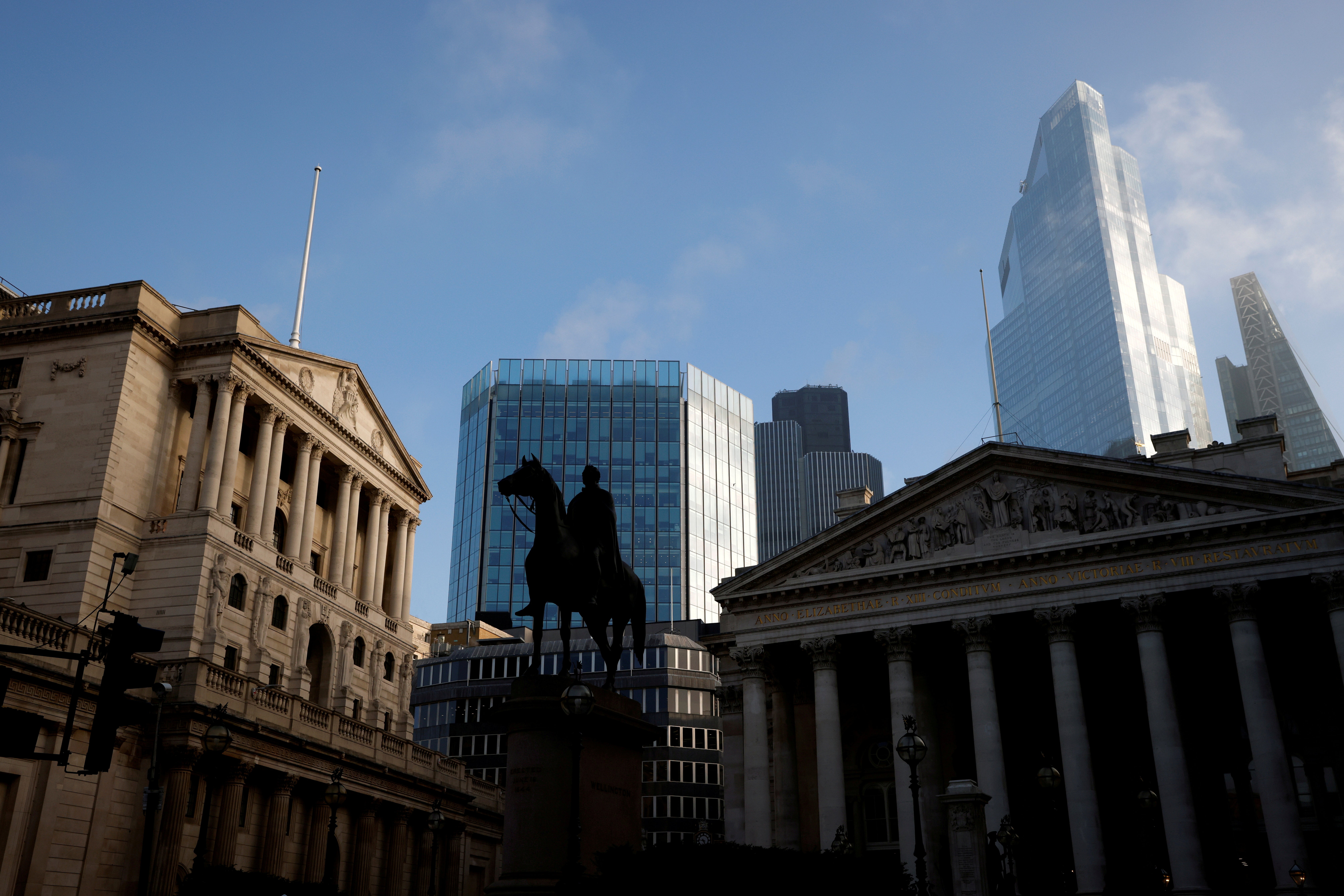UK responsible for more than a third of $427bn global tax avoidance each year, report finds
Europe lost the equivalent of one eighth of its health budget to tax dodging last year, according to Tax Justice Network research

The UK and its "spider's web" of overseas territories are responsible for more than a third of global tax avoidance each year, a study has found.
Abuse of the tax system by multinational firms and wealthy individuals deprived countries of $427bn (£321bn) for hospitals, nurses, schools and other public services last year, according to advocacy group the Tax Justice Network. Of that figure, more than $160bn was facilitated by the UK and its territories and dependencies.
As coronavirus claims hundreds of thousands of lives and causes governments across the globe to spend trillions of dollars to support their citizens, the research gives the clearest picture yet of the damage wrought by those who funnel profits into tax havens and stash wealth offshore.
TJN analysed the first detailed, international set of data reported by companies showing where they avoid tax.
It calculated that Europe lost the equivalent of one-eighth of its health budget to tax dodging last year.
While wealthy countries are responsible for 98 per cent of tax avoidance, less wealthy ones bear the brunt of the impact. Latin America and Africa lost the equivalent of a fifth and half of their respective health spending, TJN calculated.
Lower-income countries lose the equivalent of 5.8 per cent of the total tax revenue they typically collect a year whereas higher income countries on average lose 2.5 per cent.
The UK maintains its position at the top of the list of jurisdictions helping firms shift vast sums of money away from public investment and services.
The Cayman Islands – a British Overseas Territory of just 65,000 people – helped multinational companies and individuals avoid paying $70bn, or one dollar in every six that countries are deprived of each year.
The UK itself, which provides world-beating tax avoidance advice through City of London banks, trust lawyers and accountants is second on the list, responsible for $42bn of tax losses. Together, the UK and Cayman facilitate more than a quarter of the booming tax avoidance industry.
Since the 1950s, when the UK helped to create the world’s tax haven network, ministers have claimed that they have little control over territories like Cayman. However, the UK has power to veto laws and appoint key government officials, and is also responsible for the island’s defence and international relations.
The Netherlands is the third most damaging country for the global tax system, responsible for $36bn of losses annually. Luxembourg and the US make up the top five, responsible for £28bn and £24bn respectively. Jersey, Bermuda and the British Virgin Islands make the top 20, alongside China, Singapore, Ireland and Hong Kong.
Globally, more than half of tax losses – $245bn – resulted from companies shifting $1.38 trillion of profits out of the countries where they were generated into jurisdictions where they pay little or no tax.
The rest was from individuals avoiding tax by holding $10 trillion of assets offshore. The amount held in secretive, low-tax countries is roughly equivalent to five years of the entire economic output of every person in the UK.
“A global tax system that loses over $427bn a year is not a broken system, it’s a system programmed to fail," said Alex Cobham, TJN's chief executive.
"Under pressure from corporate giants and tax haven powers like the Netherlands and the UK’s network, our governments have programmed the global tax system to prioritise the desires of the wealthiest corporations and individuals over the needs of everybody else.
"The pandemic has exposed the grave cost of turning tax policy into a tool for indulging tax abusers instead of for protecting people’s wellbeing.
“Now more than ever we must reprogramme our global tax system to prioritise people’s health and livelihoods over the desires of those bent on not paying tax."
TJN is calling on governments to introduce an excess profits tax to recoup money from multinationals that have "short-changed" countries for years.
Those companies that have seen their profits soar while local businesses have been forced to shutdown should be targeted first, TJN said.
"A wealth tax alongside this would ensure that those with the broadest shoulders contribute as they should at this critical time,” Mr Cobham said.
Rosa Pavanelli, general secretary at Public Services International, said: “The reason frontline health workers face missing PPE and brutal under-staffing is because our governments spent decades pursuing austerity and privatisation while enabling corporate tax abuse.
"For many workers, seeing these same politicians now 'clapping’ for them is an insult. Growing public anger must be channelled into real action: making corporations and the mega rich finally pay their fair share to build back better public services."
Join our commenting forum
Join thought-provoking conversations, follow other Independent readers and see their replies
Comments


Bookmark popover
Removed from bookmarks